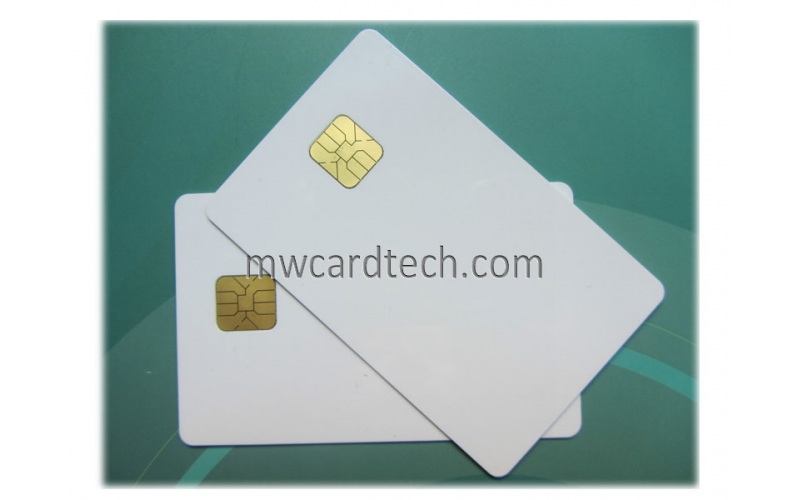| FOB Price: | US $1 - 3 | |
|---|---|
$3.00 500 - 9999
$1.00 >=10000
|
|
| Min.Order Quantity: | 500 Piece/Pieces |
| Supply Ability: | 200000 Piece/Pieces per Week |
| Port: | Shenzhen |
| Payment Terms: | L/C,D/A,D/P,T/T,Western Union |
Quick Details
- Place of Origin: Guangdong, China (Mainland)
- Brand Name: M&W
- Model Number: JAVA CARD/J3A040M
- Material: Plastic PVC
- Size: 85.5*54mm or demand
- Chip: J3A040M
- Printing: White/offset/ silk screen/ digital
Packaging & Delivery
| Packaging Details: | 200pcs/box,5/10*20 boxes/ctn 6.5KG/1000pcs |
|---|---|
| Delivery Detail: | 8 workdays |
J3A040- JAVA based smart card,40k EEPROM
This card replaces popular JCop31-36 smart card. Same as J2A040 but also with antenna besides contact chip.It is ideal solution for payment applications. Cards come with 2 or 3 track HiCo magnetic stripe in the back.
Need to ask something? Not sure what to buy? Contact us on SKYPR,Skype ID=xczy.julie
Chip is made in Germany .Card is made in China, M&W company.
